The Task
Beginning in 1960, the Meals on Wheels of Central Maryland (MOWCM) model was designed to deliver hot and cold meals to clients’ homes starting with 10 deliveries in Baltimore. Over 60 years later, with this system firmly established, we provided 1,354,975 meals to homebound adults throughout our service region in FY19. However, in March 2020, as the Coronavirus pandemic shook the world and our community, that number
quickly escalated. Our clients, their families, our volunteers, and staff were worried. The number of people desperately needing our help skyrocketed. We knew we needed to answer the call and fast, quickly shifting to meet this need. With careful thought and under the guidance of our expert public health officials, we transitioned
to a weekly delivery of frozen meals, allowing for increased safety and expanded service. With this new system in place, we succeeded in safely delivering 2,800,129 meals—an over 100% increase over FY19—to over 5,000 homebound aging adults.
This feat was much easier said than done and involved a very complex operation of moving parts. Nick Kirley, Deputy Executive Director of Operations explains that “the uncertainty was probably the hardest part of it. It wasn’t an incremental build, it hit us at once and we had to react and scale at the drop of a hat. Everything kept changing and we have been and are in uncharted territory.” Sharon Hurd, Assistant Director of the Home-Delivered Meal Program, shares similar sentiments, “We felt a responsibility to our clients to make it work, our jobs became even more essential than ever before, and we all had this “just do it” mentality.” While the work that went into it behind the scenes was far from easy, we made it happen. Stacy Payton, Director of Client Engagement, says, “With everything that went into it, I could see how it would appear seamless to clients. So many clients didn’t know we would still be delivering, and we put thousands more people on service than we ever had before. Many clients were isolated from family members they usually relied on, and we were able to take some of that fear away by being there.”
The People
The extraordinary accomplishments of the past year would not have been possible without the many people behind the operation, staff, volunteers, donors, and partners alike. This experience taught us about the generosity and resiliency of the human spirit, and what we are capable of when we stand together, united in
our common goal, despite the unknowns and unpredictability of the future. Kathy Tinker, Senior Director of Nutrition Services explains, “We were amazed at the community response. We were constantly receiving so many donations, cards, poems, and little gifts that helped the clients know they were not forgotten. This extends to our Board of Directors and committees; they were all supportive of what we were doing, and it helped build camaraderie. Our Executive Director, Stephanie Archer-Smith, was instrumental in giving concrete direction by
being willing to have tough conversations, do any job, keep everyone in the loop, and leading by example. It was wonderful to see all the staff come together as teammates in making the impossible happen.” At the heart of the operation is the staff and volunteers on the ground, the people that showed up day after day with drive and dedication. Nick comments, “The TRIO Community Meals kitchen staff, the drivers, and volunteers are the heroes of this story. We couldn’t have done it without their hard work and unwavering spirit. I am proud of them all.”
The Future
Throughout FY21, we maintained our weekly frozen meal delivery model, bringing peace of mind to the thousands of clients that relied on us for nourishment, companionship, and reassurance. On July 6th, 2021, we “Unboxed”, and returned to daily deliveries of hot and cold meals for our home-delivered meal clients, while
continuing to provide frozen boxed meals where needed and maintaining our strong More than a meal™ programs such as Call Connections, the Grocery Assistance Program (GAP), Kibble Connection (in partnership with the MD SPCA), and home repairs. Although the return to our traditional delivery model was a challenge all its own, we approached it with that same spirit of determination, intent on being bigger, better, and stronger than ever. Nick says, “At the start of the pandemic, we were just beginning to roll out use of ServTracker’s Mobile Meals system, and the pandemic pushed us quickly into the future with using new technology. We grew our client census and we have sustained it through being nimble and thoughtful. We are ready for whatever the future may hold.” Sharon agrees, “I think it made us stronger as an organization. We now know what can happen and it showed us what we are capable of.”
